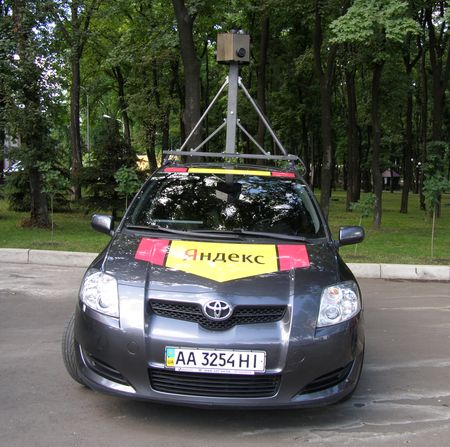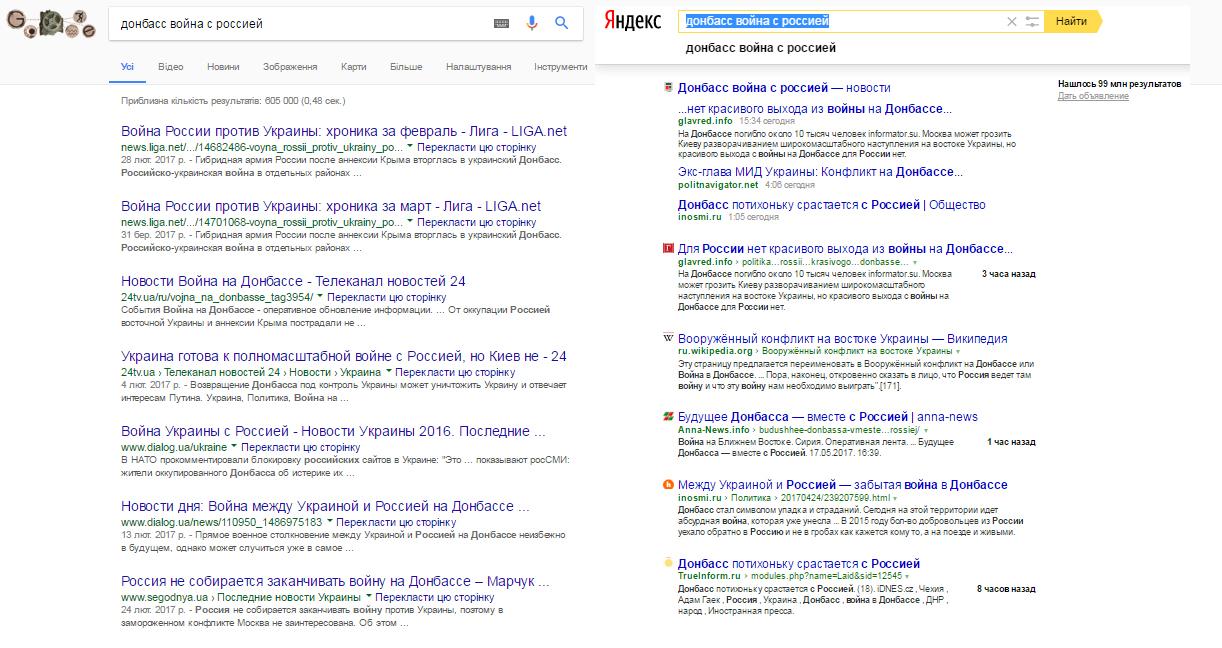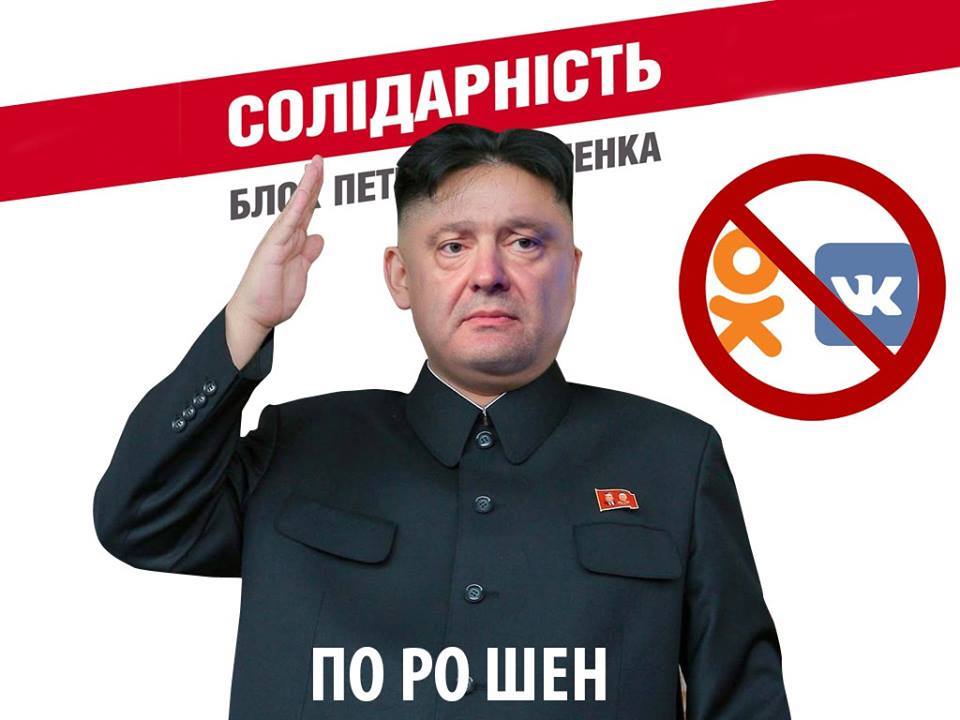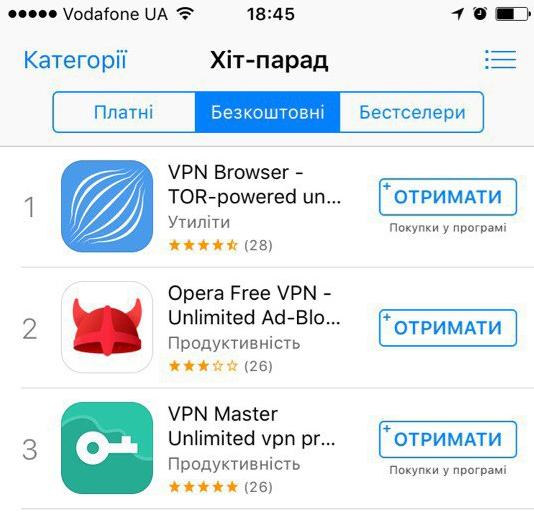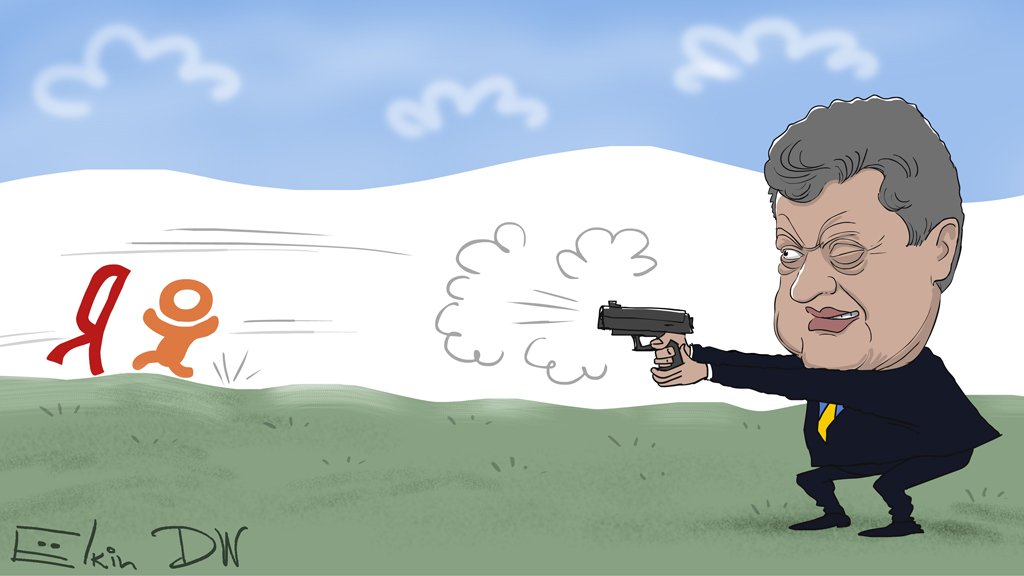On May 15 Ukraine President Petro Poroshenko approved a decision of National Security Council (NSDC) to expand “personal economic and other restrictive measures (sanctions)” against personalities linked to the Crimean annexation, terrorist activities, illegal border crossing, and 468 Russia-based or Russia-affiliated companies.
Aside from blocking a number of Russian IT-companies popular in Ukraine, the decree affects Ukraine’s most popular social networks - the Russian Vkontakte (VK) and Odnoklassniki (OK), and a Yandex search engine (with all its services). All these resources are now officially banned and must be blocked by the Ukrainian Internet Providers no later than June 1. In an online survey by Gemius, VK ranked as the #1 social network with 12.9 million users, while facebook came in second with 8.3 million.

According to the Secretary of NSDC Oleksandr Turchynov, such measures were taken as Russian Internet resources “threaten information and cyber security of Ukraine” and “are used for propaganda and the recruitment of agents by Russian security services.”
Immediately after promulgation, the decree caused a lively debate in Ukraine. The first impromptu survey conducted by UNIAN shows that 23% out of 15k voters support the authorities' decision while at least 65% oppose it. However, another survey by Voice of America showed the opposite picture - 86% were in favor and 14% against.
The reaction of the international community has so far been more unanimous: concerns about the decree were expressed by Human Right Watch, Reporters Without Borders, The Council of Europe, etc.
Euromaidan Press gathered the main arguments pro and contra the controversial decree from the Ukrainian perspective.
PRO■ Russian Internet resources are tools of hybrid warfareVkontakte, Yandex, and other resources are being actively used in the war against Ukraine by both Russia and the self-proclaimed republics of Donbas. Thus, the presence of particular Russian services in Ukraine is not safe for people's lives. Journalist Artur Hor noted there are some 5,700 anti-Ukrainian groups in VK, the most popular of which had nearly 500,000 participants, 278,000 of whom were registered in Ukraine. These groups serve as major conduits of information warfare against Ukraine, full with extremist language that is not moderated. Other groups pose as pro-Ukrainian ones, calling to rise up for a “third Maidan” and topple the Ukrainian government. The curator of these groups who went by the name of “Stepan Mazura” has connections to Russia’s troll farms, as recent investigations by Ukrainian journalists revealed. Both VK and OK are part of the company “Mail.Ru Group,” the control package of which is owned by the Russian oligarch Alisher Usmanov, who is reported to be a Kremlin loyalist and in good relations with Russian President Vladimir Putin. All this gives Russia endless opportunities to conduct information operations online. For example, the website called “Tribunal” with the slogan “retribution will come” сollects and publishes personal data of those Ukrainians who, in the opinion of administrators, are connected with the government forces fighting against Russian hybrid forces in Donbas. People can find their names, photos and even home addresses in one of the headings: “the punisher,” “the accomplice,” “the participant,” and “the propagandist.” “Tribunal” сalls for the massacre of listed Ukrainians and puts the mark "liquidated" in the photos of those who were killed. Even though the Tribunal page in VK is blocked because of the “calls for violence,” it still draws information about Ukrainians from this social network. Ukrainian soldiers who purposefully posted false data on their VK profiles, later found this very information in “Tribunal.” But information that was exchanged only in private messages also ended up on the site. Anastasiya Shybiko, a war correspondent of Hromadske Radio, enlarged the ranks of “punishers” despite being an accredited journalist. “They used my photo from Euromaidan. I was standing in a camouflage helmet there [in Kyiv]. It is remarkable that this picture was nowhere in the web besides my private VK correspondence,” Anastasiya Shybiko told Euromaidan Press. The only explanation for this private photo to have ended up on Tribunal is that the people behind this anti-Ukrainian site somehow got access to Anastasiya’s private messages. To how many other accounts aside from Anastasiya’s did they have access? Another tool of Russian espionage in Ukraine is Yandex. This Internet giant is fully controlled by the Kremlin and has dozens of modern services which are used for military purposes. Ukrainian volunteer soldiers who wished to remain anonymous for security reasons told Euromaidan Press that Yandex.maps are updated more often than usual during the escalations of war in Donbas. “With the help of Yandex, the Russians receive satellite images of high accuracy and plan sighting artillery strikes. Even small trenches are visible in those snapshots,” he added.
The investigators from the InformNapalm International Volunteer Community call Yandex one of the main agents of Russia's hybrid warfare. Yandex.cars which freely travel to different cities and conduct panoramic shooting; Yandex.money which сan freeze one's account at any time; Yandex.direct, which provides its users with opportunity to collect and analyze search queries – all the mentioned apps are undeniable assets in the information war. ■ In Russia, Internet resources are obliged to cooperate with the security servicesThis obligation is ensured by Russian legislation, in particular by so called “Yarovaya package.” This set of laws enables the Russian Federal Security Service (FSB) to have permanent access to a whole range of private data from social networks and mobile operators even without a court's permission. This feature of Russian legislation makes such services like VK or OK extremely unreliable in terms of personal data storage. There was already a precedent in 2014 when the FSB demanded VK founder Pavel Durov reveal the personal data of 39 VK groups' admins associated with Euromaidan. At that time, the VK's answer was “no,” but now, thanks to the “Yarovaya package,” the Kremlin received new leverage. Ukrainian MP Volodymyr Ariev noted that VK and OK can be a military asset for Russia’s hybrid forces in Donbas, as Russian security servers have access to the servers of these social network providers VK and OK, where not only the contacts and personal data of Ukrainian citizens is stored, but also their geolocation information. This gives away the positions of the Ukrainian servicemen who still have accounts in Russian social networks, despite warnings by Ukraine’s security services. In general, it is true that after the ban of Russian resources in Ukraine, Russian propaganda will move to Facebook and Twitter, but the rules of the game and the level of security in these networks are different from Russia’s - hate speech, the cornerstone of anti-Ukrainian groups in VK, is prosecuted. ■ A ban will limit the access of Ukrainians to Russian propaganda and curb pirated contentIt is well known that Russia uses its online resources to brainwash people and to implement the сoncept of “Russian World.” This can be clearly seen even from the difference between search results issued by Google.ua and Yandex.ua to the query “donbas war with russia”.
Consequently, some experts see the prohibition of Russian websites as an opportunity to reduce the propaganda and disinformation flow from Russia. “It is good that we are severing another rope with which Russia ties us to itself. But doing it spontaneously, haphazardly, and belatedly. Trade with Russia, open borders, a church controlled from Russia – there are still many things that don’t tally with the fact that we were attacked, our territory was occupied, and the war continues,” said Ukrainian media analyst Otar Dovzhenko. Another argument in favor of Poroshenko’s decree is that Russian social networks, especially VK, are one of the main sources of pirated media content in Ukraine. It means that Ukrainian authorities closed a huge channel for the distribution of illegal content which is an important step towards improving of cyber legislation. ■ Ukrainian companies receive boost for developmentThe prohibition of Russian Internet resources will leave a business niche for Ukrainian IT-companies and give them a strong boost for development. ■ A boycott of large Russian companies harms the Russian economyWith the ban of Russian sites in Ukraine, VK, OK, Yandex and Mail.ru lost a huge segment of the advertising audience, hence the profit. So far as these companies pay taxes to the Russian budget, by refusing to use them Ukrainians stop feeding the aggressor and occupier. According to experts, Yandex is likely to suffer from the sanctions the most. This company has recently invested in Yandex.taxi project in Ukraine hiring drivers and granting free trips for the customers under the promotion campaign. Now it must leave. The same is true for other Yandex commercial services like Yandex.money or Yandex.market. The ban is effective for three years, and can be seen as a signal to Russia: Russian business will be able to work in Ukraine only when Russian aggression will stop. President Poroshenko said that Ukraine will be ready to revise the ban when “the last Russian soldier leaves Ukrainian soil.” |
CONTRA■ Internet bans are the path of authoritarian statesWith the signing of the decree, Ukraine joined the company of 30 countries in the world that control the Internet with the help of prohibitions. These сountries include North Korea, China, Cuba, Russia, Saudi Arabia and other undemocratic states. Prior to the adoption of the decree, Freedom House сlassified Ukraine as a country with “partly free” Internet. Now there is every reason for this indicator to turn into “not free.” If this happens, it will mean that the post-Maidan Ukrainian government has led to a deterioration of the Internet freedom index in Ukraine from “free” to “not free” within the last three years - an achievement hardly in line with Ukraine’s declared democratic path of development. Another problem with banning of Russia's sites is that Ukraine used to criticize Kremlin's methods of сontrol over the Internet and now does the the same thing. It is a green light for Russian propaganda and a manifestation of Ukrainian hypocrisy in the eyes of the international community. At the same time, many experts and organizations stress that the Ukrainian authorities impose Internet sanctions at a time of hybrid war and cyber aggression, which justifies such measures to some extent. Thus, NATO representatives stated on Twitter that “Ukraine's blocking of Russia’s internet is a matter of security, not freedom of speech.” ■ The decision to ban Russian resources was made without any public debateDespite the fact that VK, Yandex, and OK are in the top-5 most popular websites in Ukraine, there was no public debate before the decision to ban them. For most Ukrainians, Poroshenko’s decree came out of the blue - only a few experts managed to predict it. For instance, the former executive director of the Ukrainian Helsinki Group Volodymyr Yavorskyi saw the basics for introducing the Internet censorship in the Doctrine of information security of Ukraine (implemented on 25 February 2017). “The practice of blocking sites exists in almost every country of the world, but it is made by Internet providers according to the court's decision, which provides for transparency and responsibility of the providers before their clients. But when the state has the technical equipment to monitor and restrict access to information resources, it is almost impossible to control this process,” commented Volodymyr Yavorskyi to Ukrainian Service of Radio Liberty on February 27. Since the decision to ban Russian sites in Ukraine has been made without prior public discussion, now it is difficult to say how it will affect the ratings of the president and the current government. Anyway, the Ukrainian opposition has already begun actively criticizing Poroshenko and NSDC, hoping to broaden their electorate on the wave of discontent.
■ Damage for Ukrainian businessAs the Ukrainian audience of VK is estimated at 12.9 million users, the ban of this company will likely harm Ukrainian business. The decree will affect employees of banned Russian organizations in Ukraine as well as those citizens who sell or advertise their products through VK or OK. Particular social services and initiatives may also suffer. “When somebody tells me VK is garbage, I will say one thing: we collected there a million hryvnias for the (Ukrainian – K. Y.) army…”, wrote a Lviv volunteer and journalist Ulyana Korytska at her Facebook page. In addition to social networks and search engine, Ukrainian sanctions cover such IT сompanies as Mail.ru and accounting system 1S. The last one is being used by about 300 thousand Ukrainian enterprises which now must search for alternative software. It is also unclear why the ban concerns such companies as, for instance, ABBYY – a developer of dictionaries and programs for text recognition. ■ An internet ban is expensive
|
Summing up, Poroshenko's decree is a matter of national security that will be easy to circumvent in practice.
Do you have any arguments that we may have missed? Send them to [email protected] and we'll add them to our list.
Do you support the ban? Vote in the poll below:
[democracy id="5"]
Written with contributions by Alya Shandra


